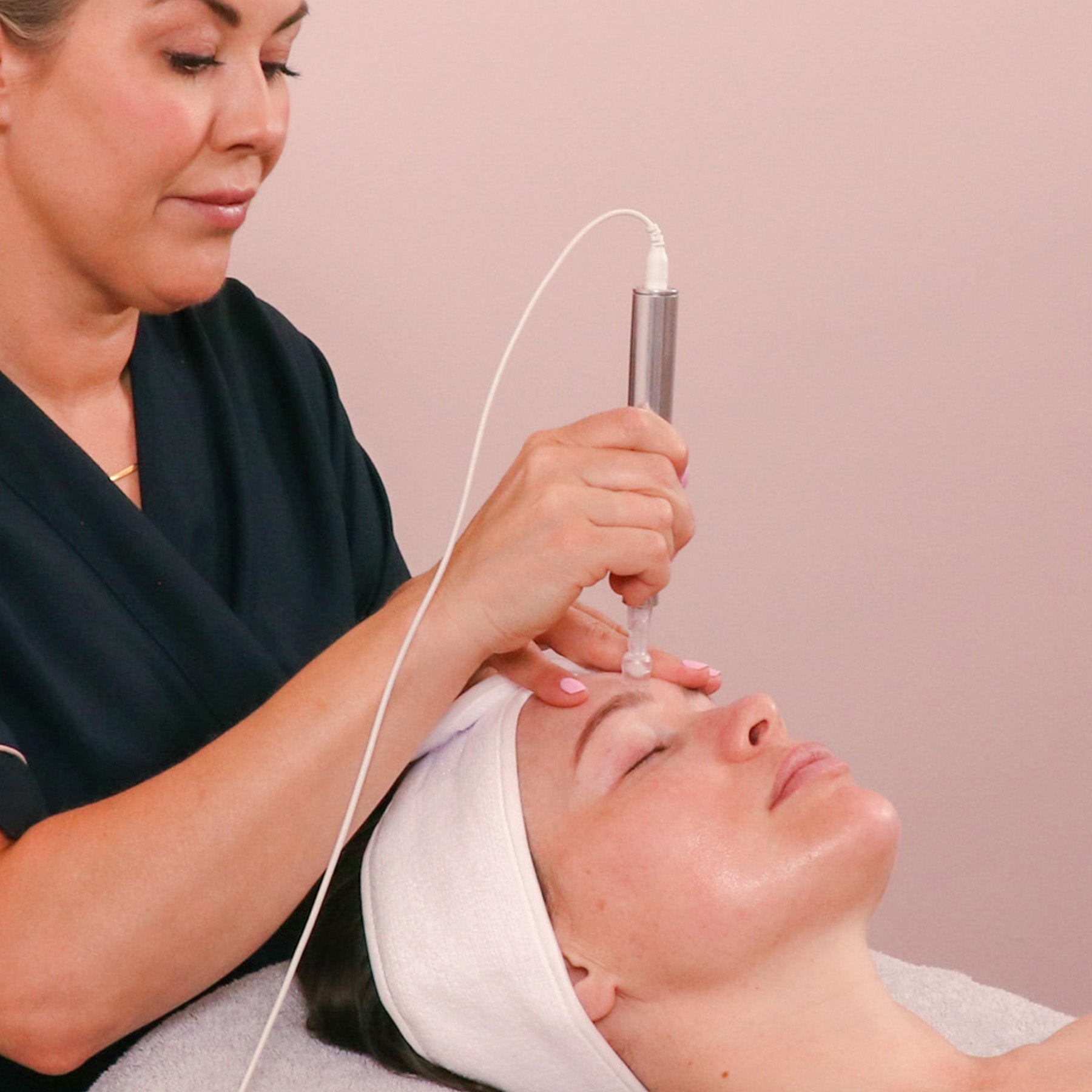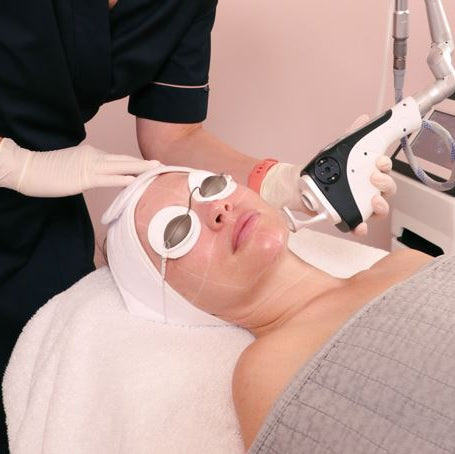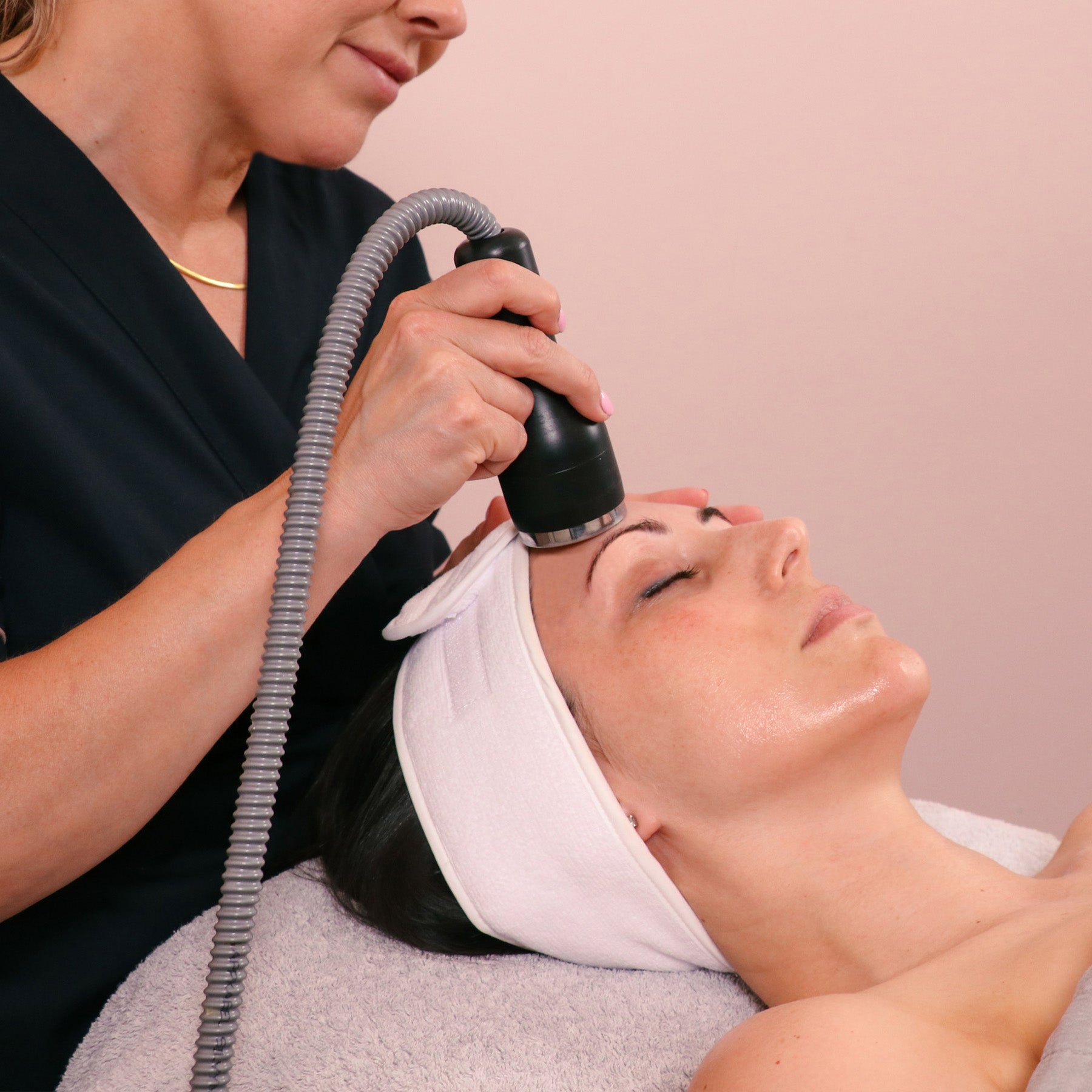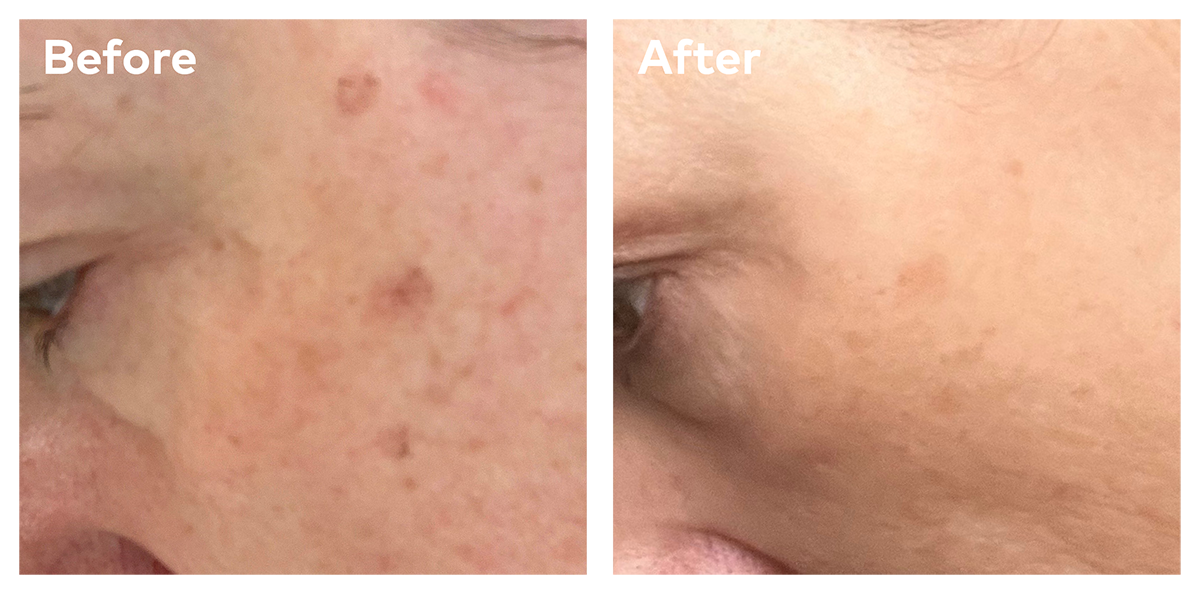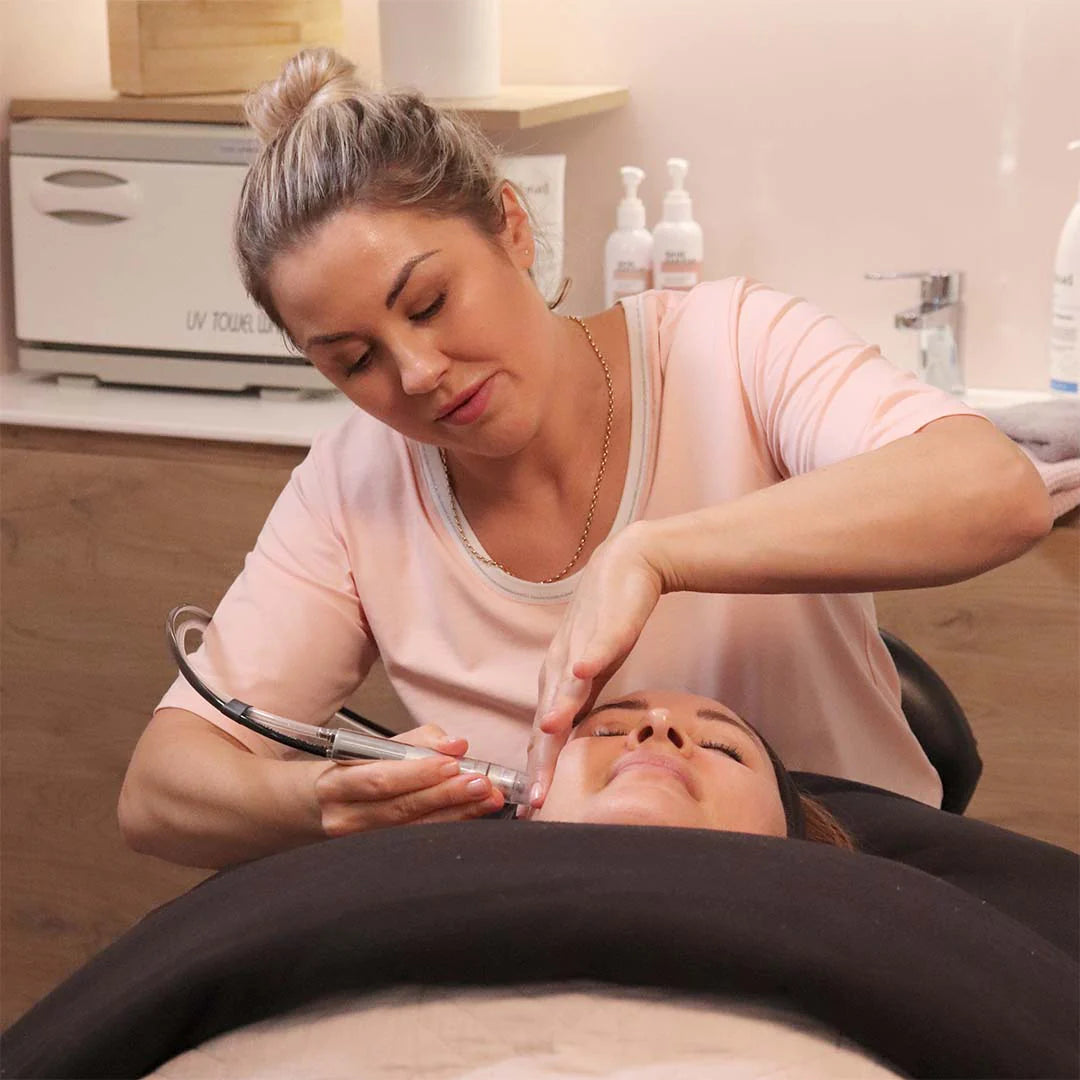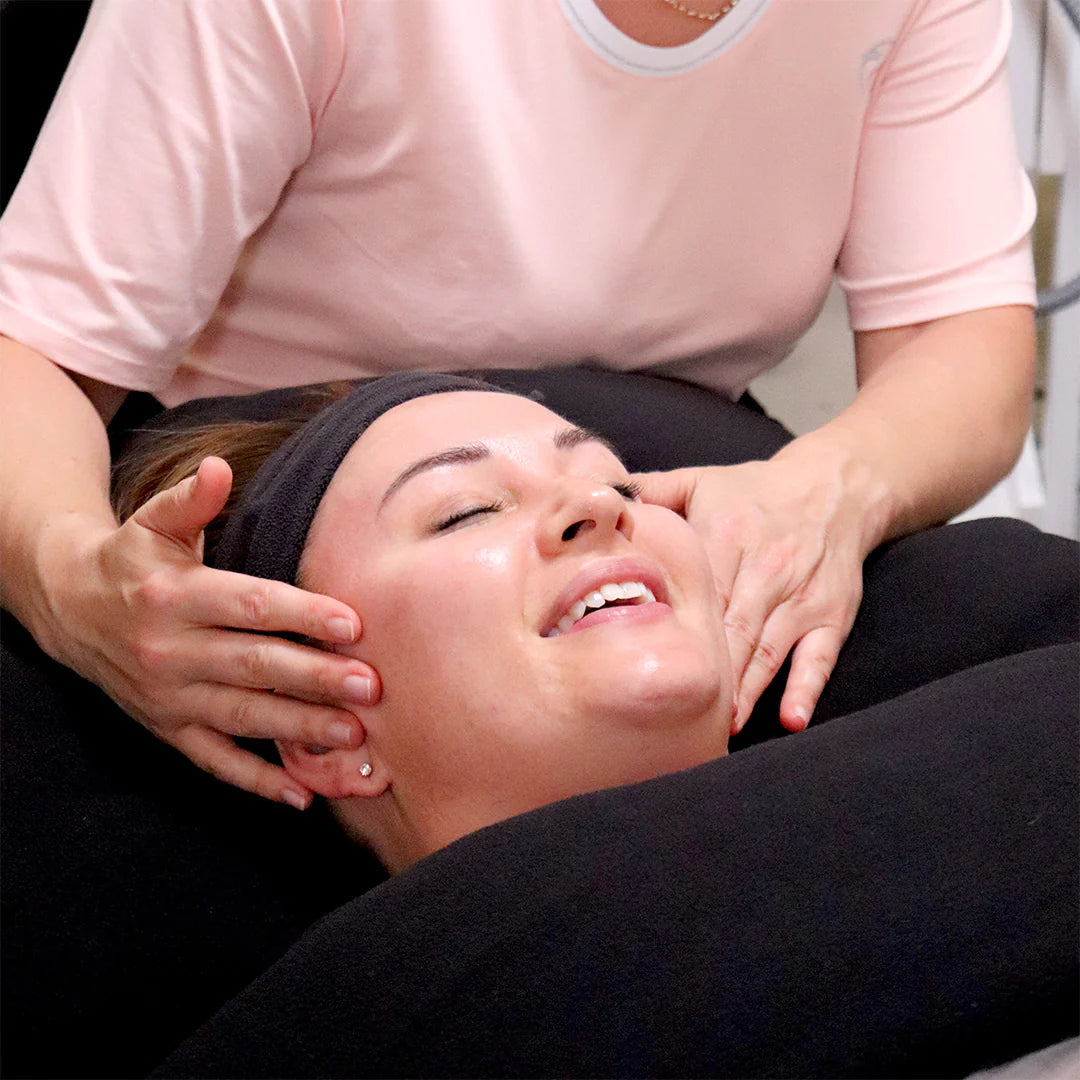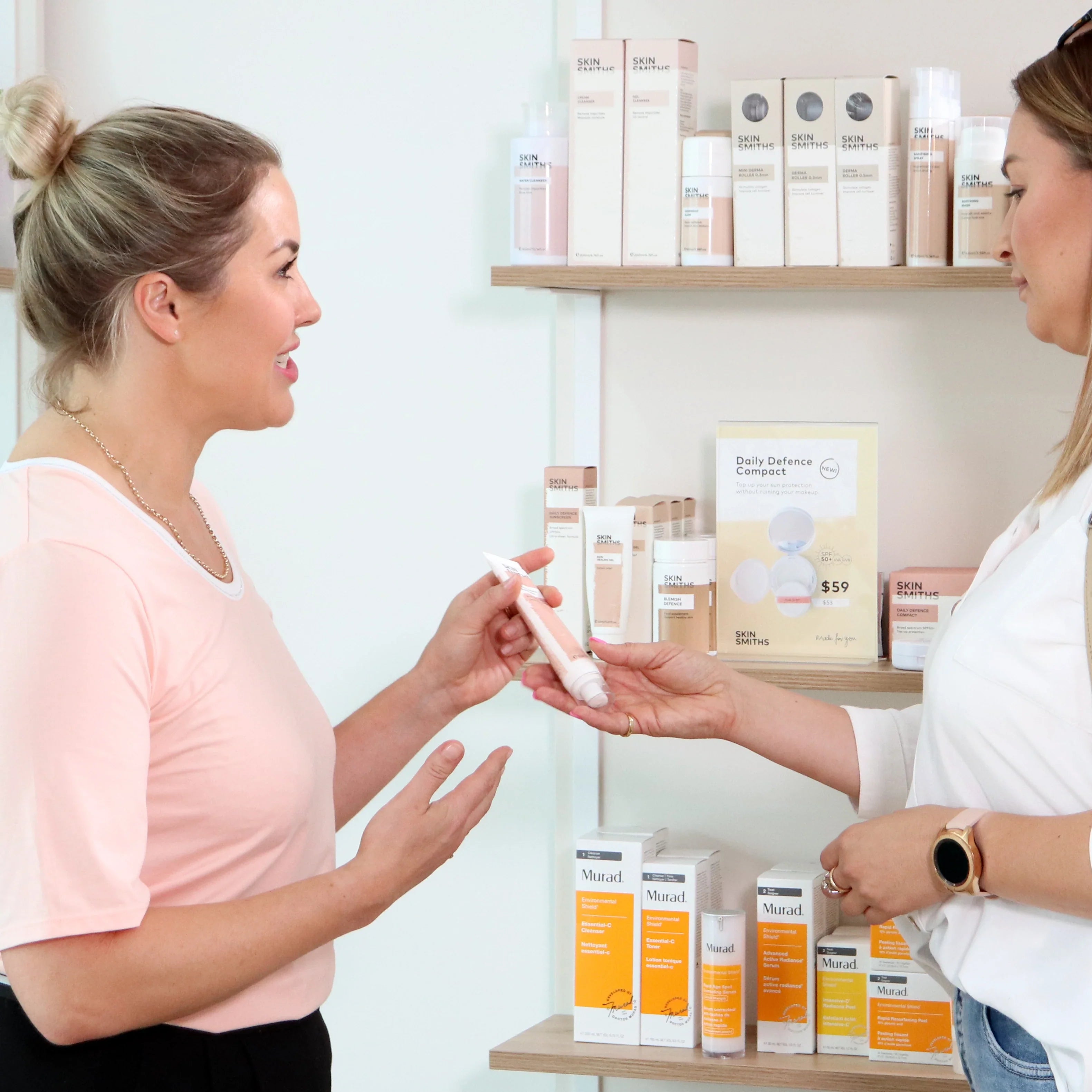What Is Pigmentation?
Pigmentation (often called hyperpigmentation) shows up as dark spots, patches or an overall uneven tone when excess melanin collects in the skin. Common triggers include sun exposure, hormones (including pregnancy), and post-inflammatory marks after acne or irritation. It’s harmless, but stubborn. The most effective approach combines in-clinic treatments to break up pigment with daily SPF and brightening skincare to prevent it returning.
Types of Pigmentation

Hypopigmentation
When lighter spots can appear on the skin due to an absence of normal amounts of melanin (the chemical which gives skin its colour). This type of pigmentation is often caused by genetics.

Hyperpigmentation
Where dark spots appear on the skin. This is the more common form and is caused by an increase in melanin. Sun exposure can be a common trigger for hyperpigmentation forming on areas that frequently see the sun, like the hands and face.
Ready to chat and get your tailored treatment plan? Book a free consultation.
Your Journey To Clear Skin Starts Here
At-Home Skincare for Pigmentation
-
Murad Rapid Dark Spot Correcting Serum
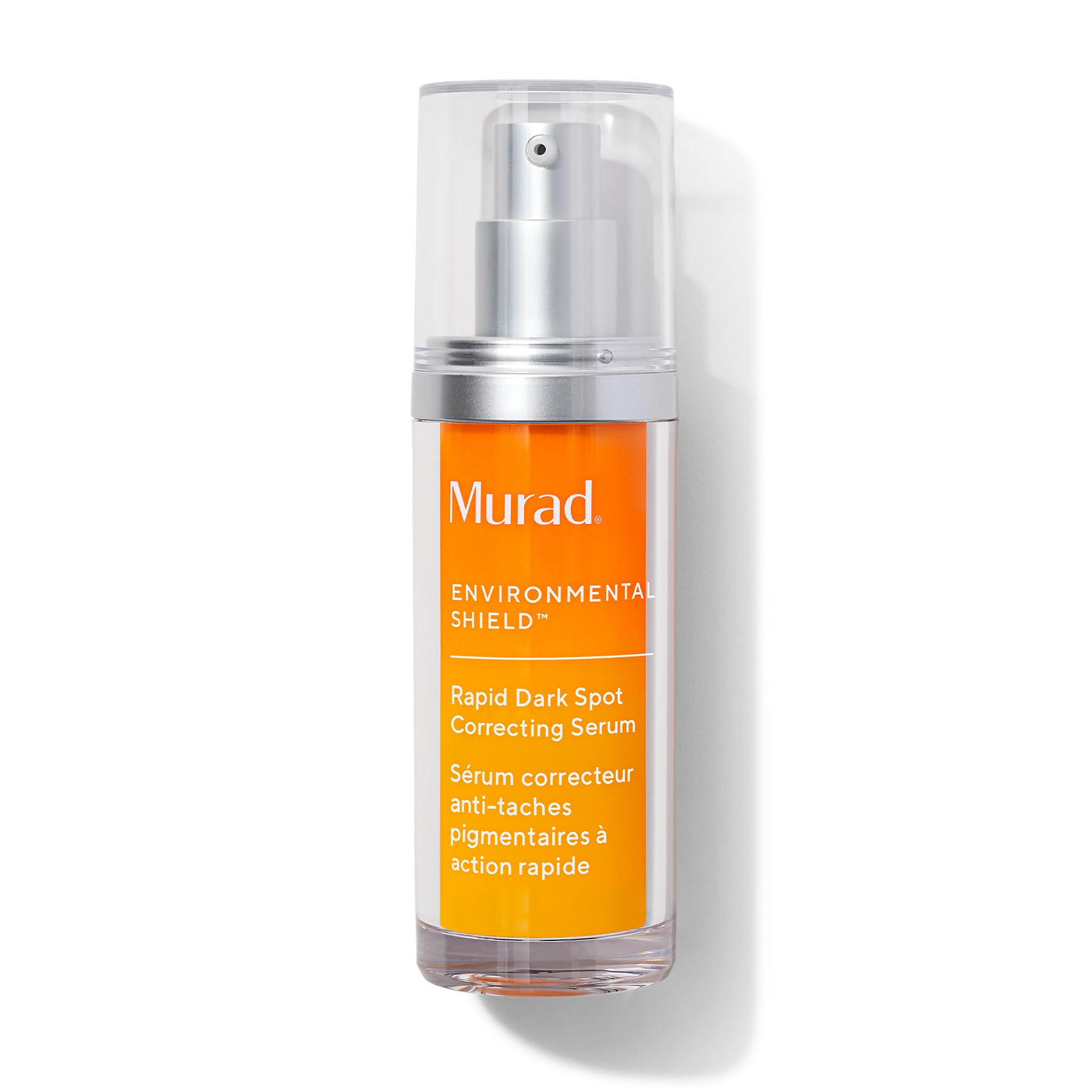 Vendor:MuradAll Skincare
Vendor:MuradAll SkincareMurad Rapid Dark Spot Correcting Serum
- Regular price
- $174.00
- Sale price
- $174.00
- Regular price
-
-
Murad City Skin Broad Spectrum SPF 50 I PA++++
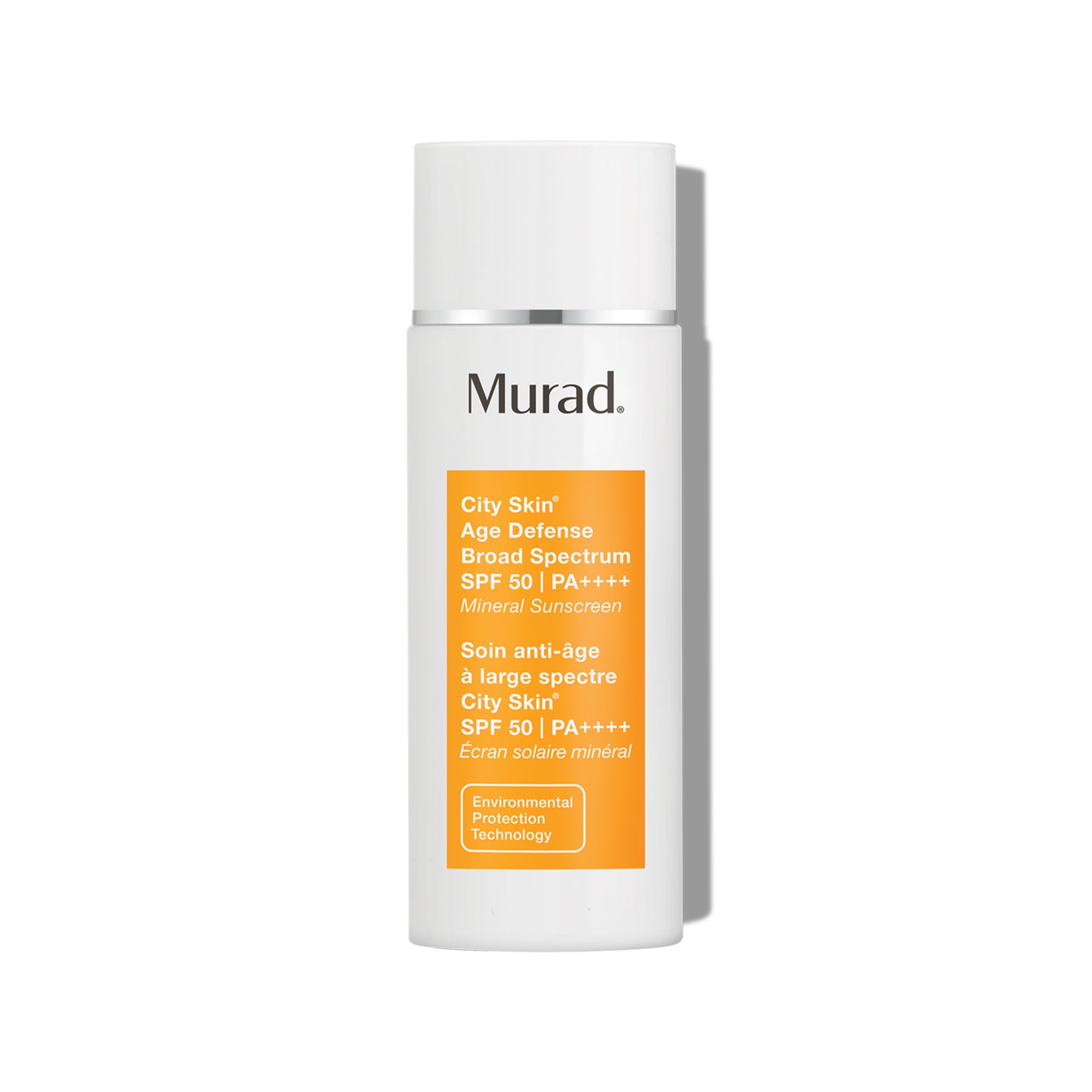
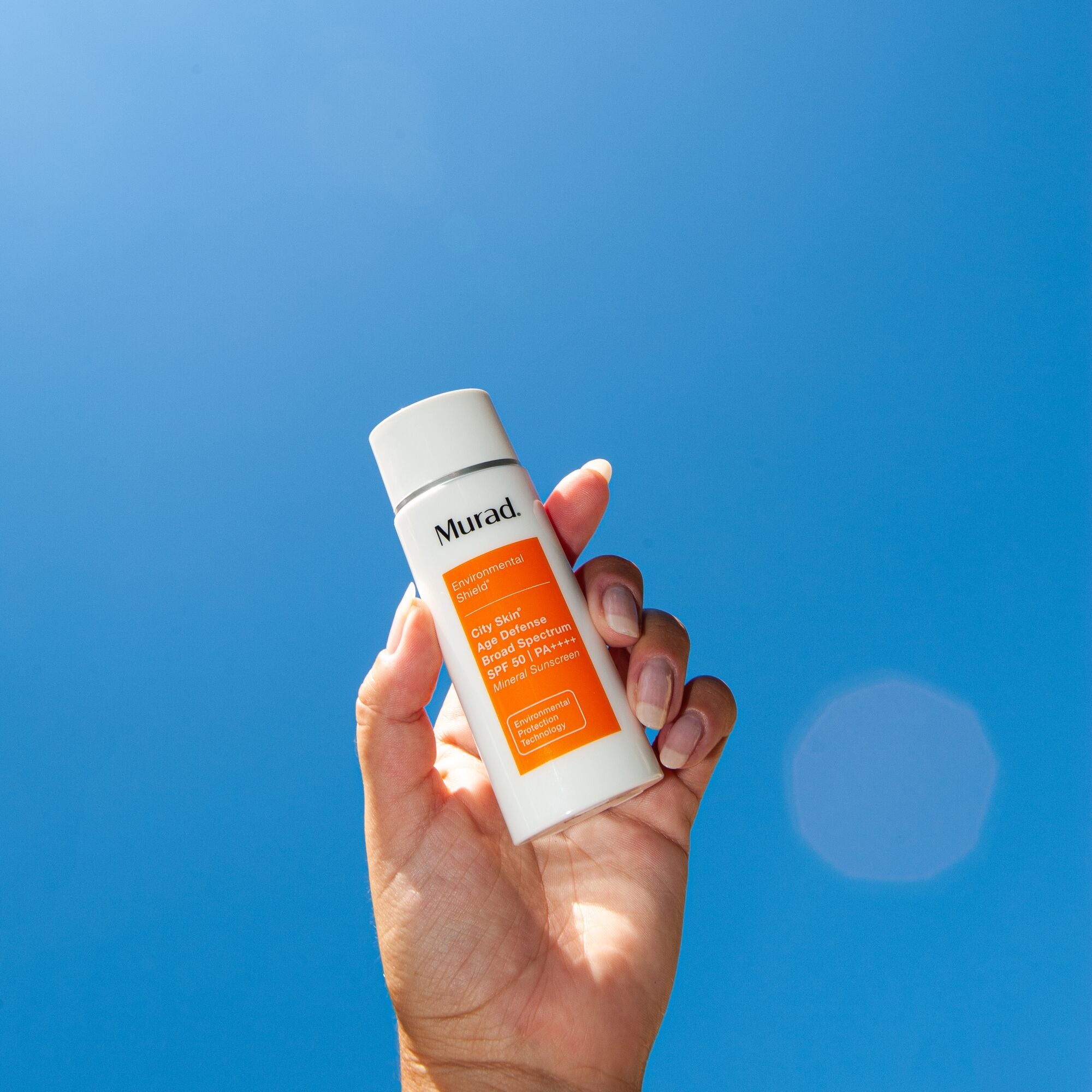 Vendor:MuradAll Skincare
Vendor:MuradAll SkincareMurad City Skin Broad Spectrum SPF 50 I PA++++
- Regular price
- $119.00
- Sale price
- $119.00
- Regular price
-
-
Skinsmiths PRO Strength Retinol 30ml
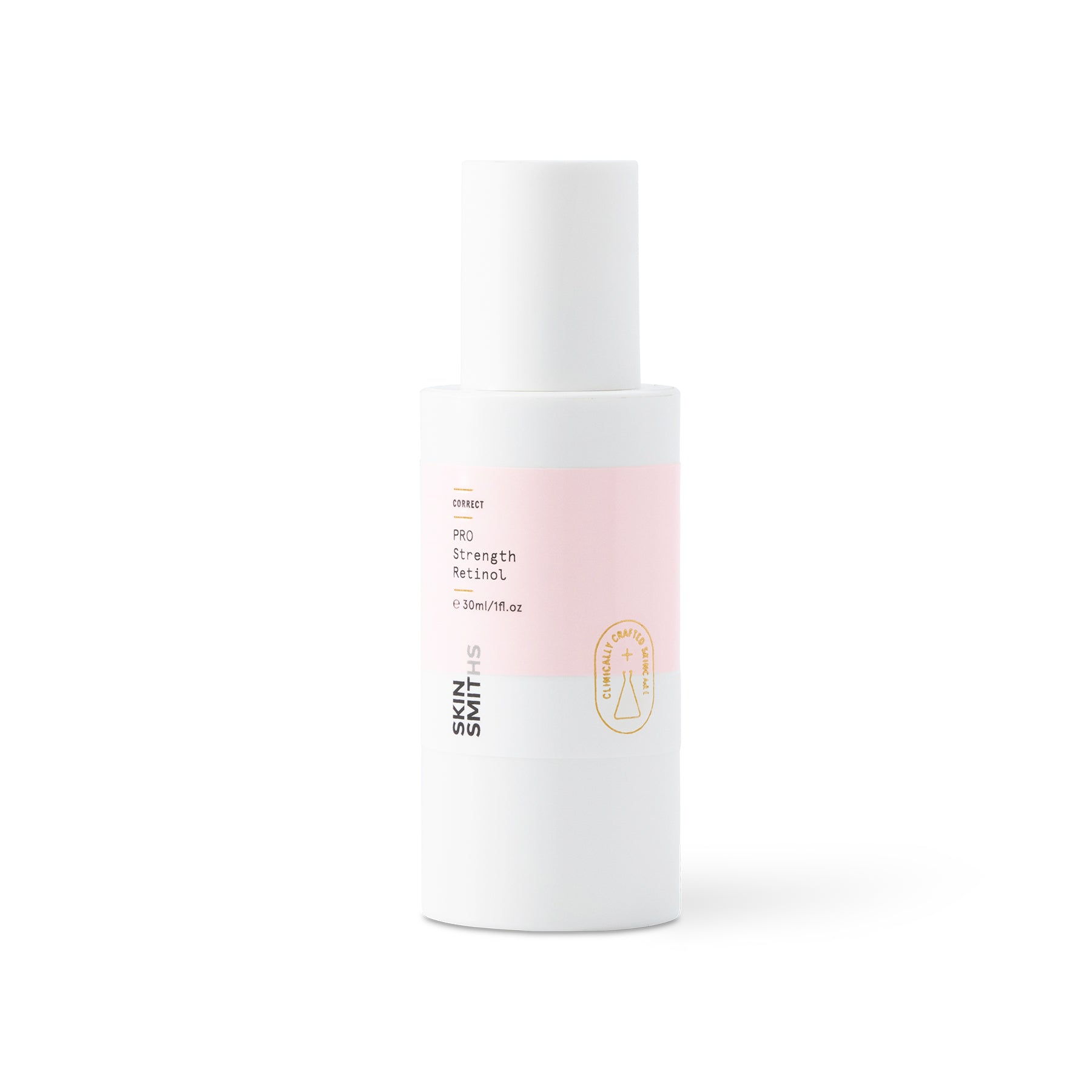
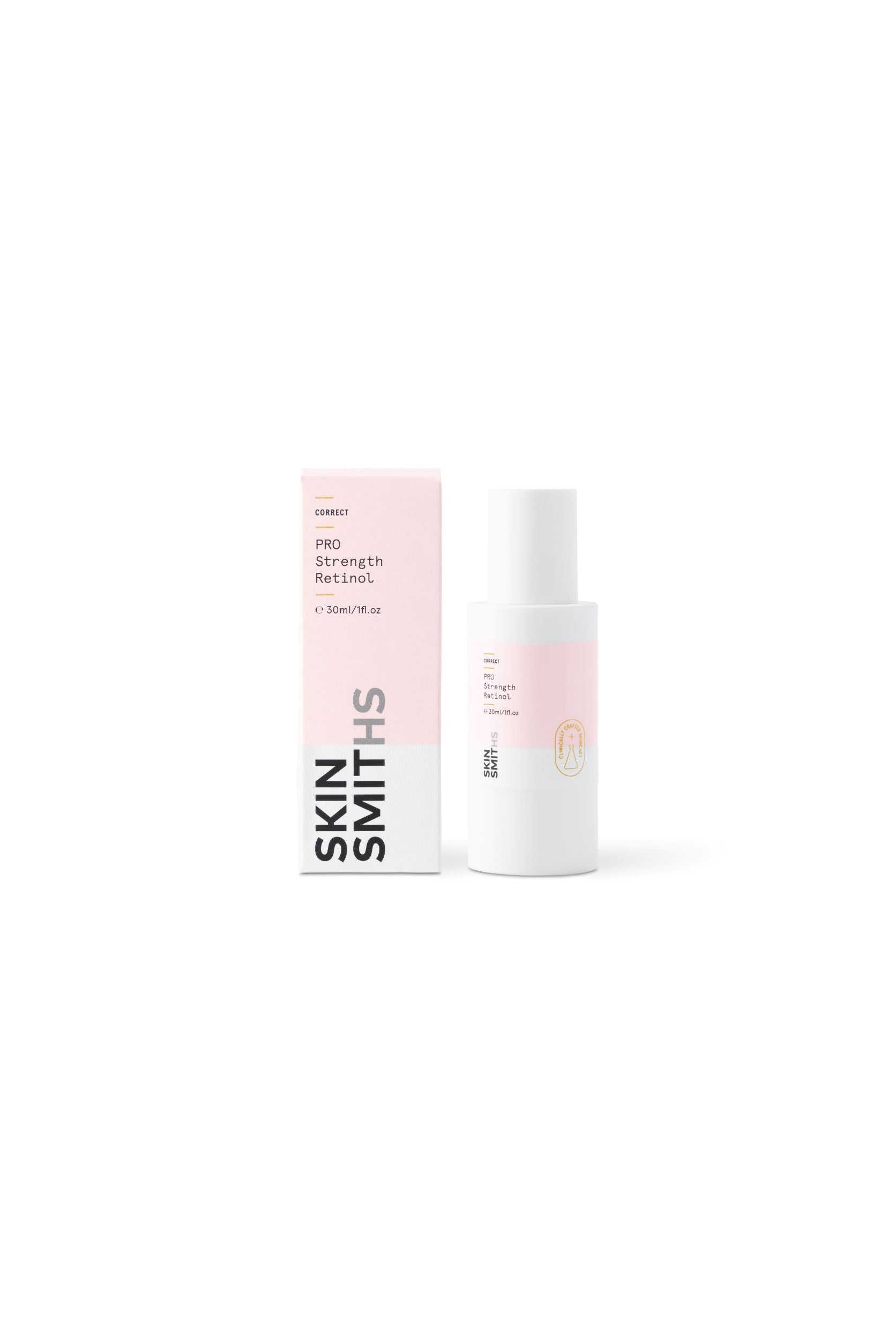 Vendor:SkinsmithsAll Skincare
Vendor:SkinsmithsAll SkincareSkinsmiths PRO Strength Retinol 30ml
- Regular price
- $132.00
- Sale price
- $132.00
- Regular price
-
-
Skinsmiths PRO Strength Niacinamide 30ml
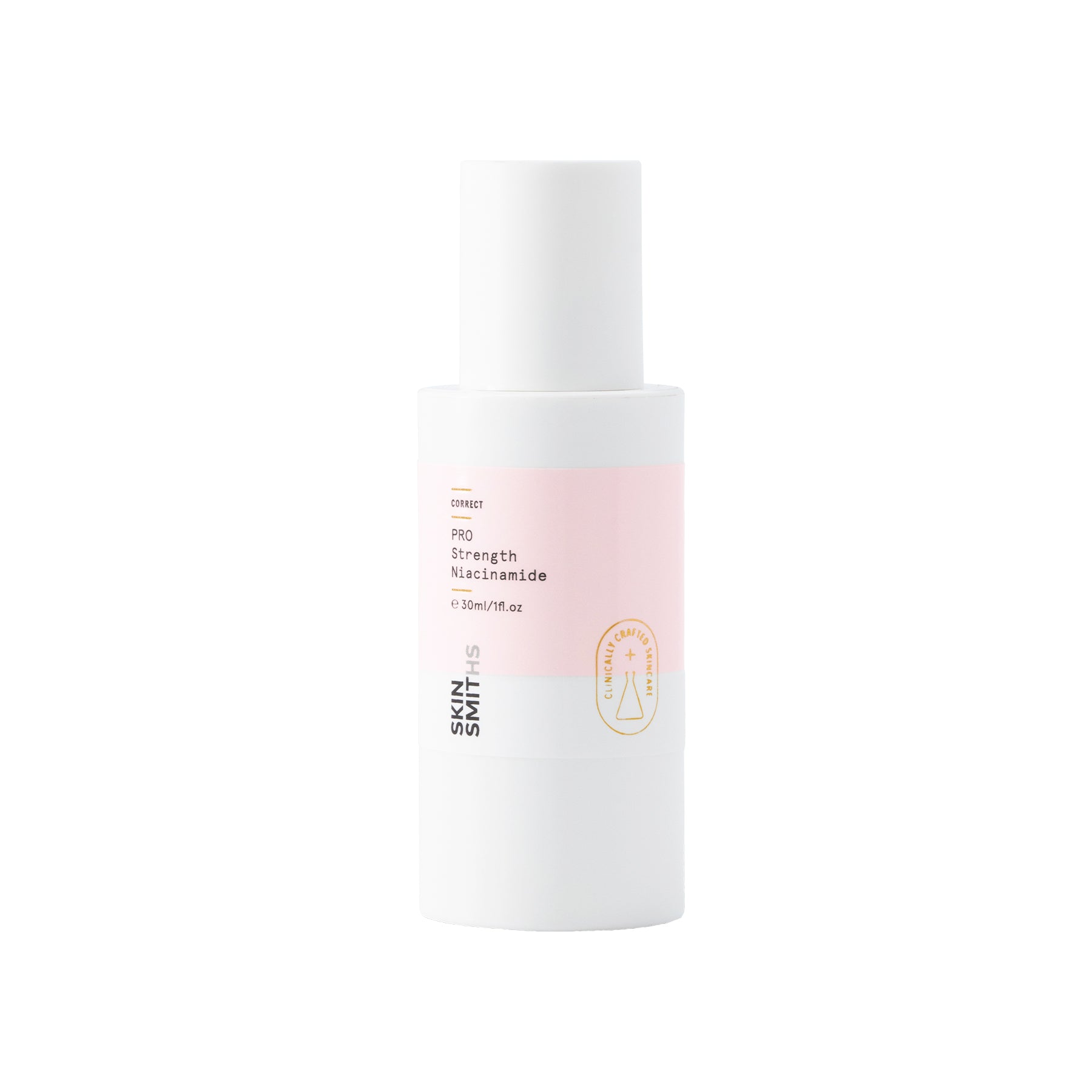
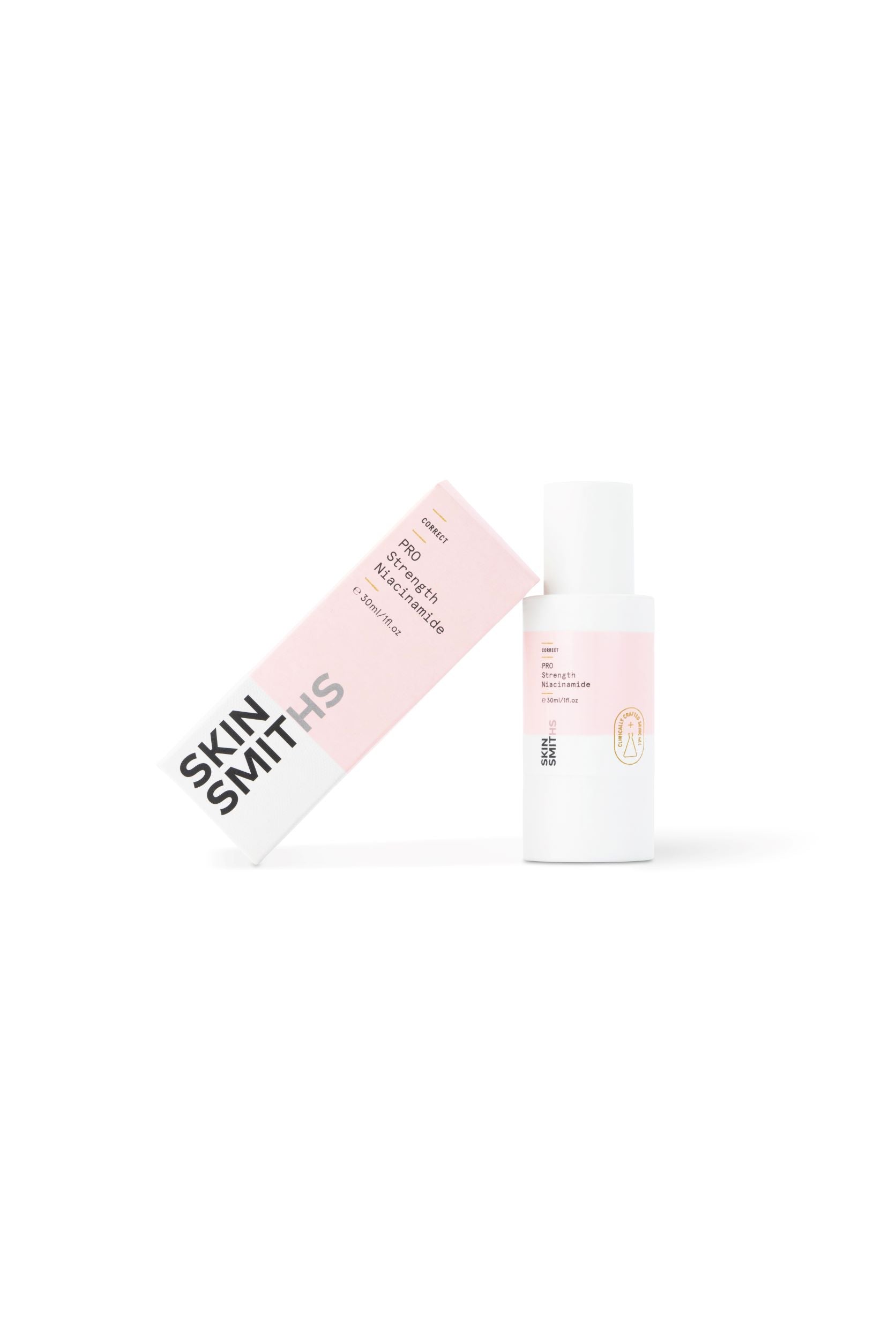 Vendor:SkinsmithsAll Skincare
Vendor:SkinsmithsAll SkincareSkinsmiths PRO Strength Niacinamide 30ml
- Regular price
- $132.00
- Sale price
- $132.00
- Regular price
-
-
Murad Essential-C Firming Radiance Day Cream
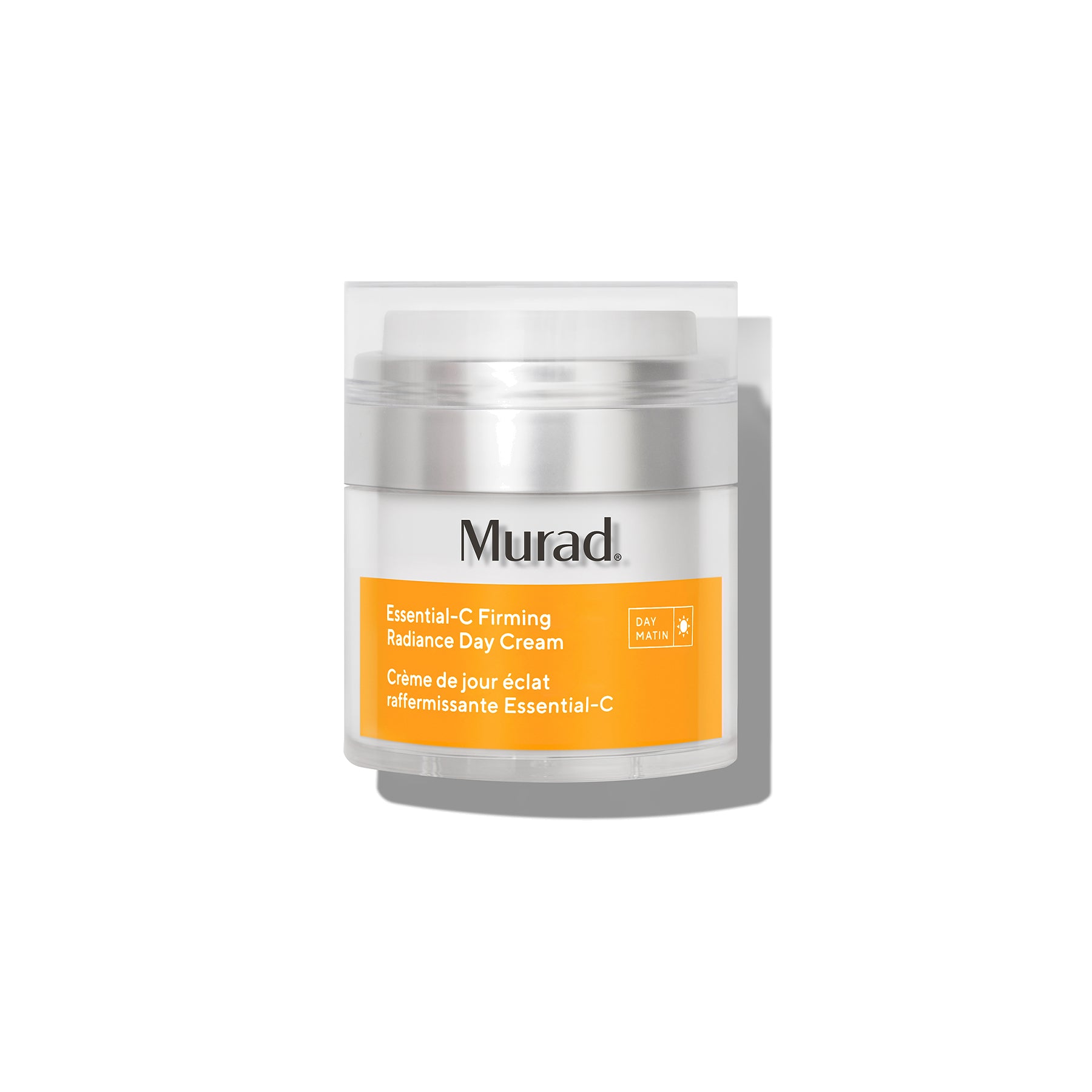
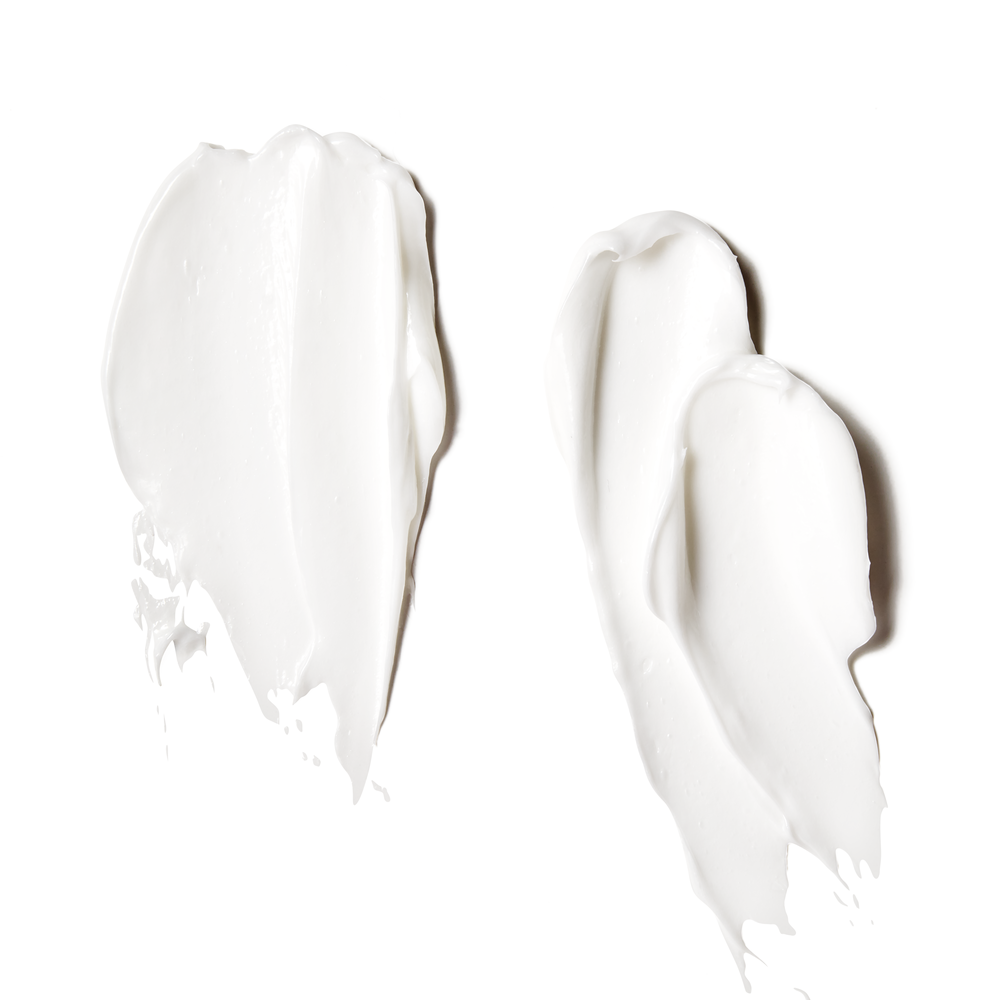 Vendor:MuradAll Skincare
Vendor:MuradAll SkincareMurad Essential-C Firming Radiance Day Cream
- Regular price
- $163.00
- Sale price
- $163.00
- Regular price
-
-
Murad Essential-C Overnight Barrier Repair Cream
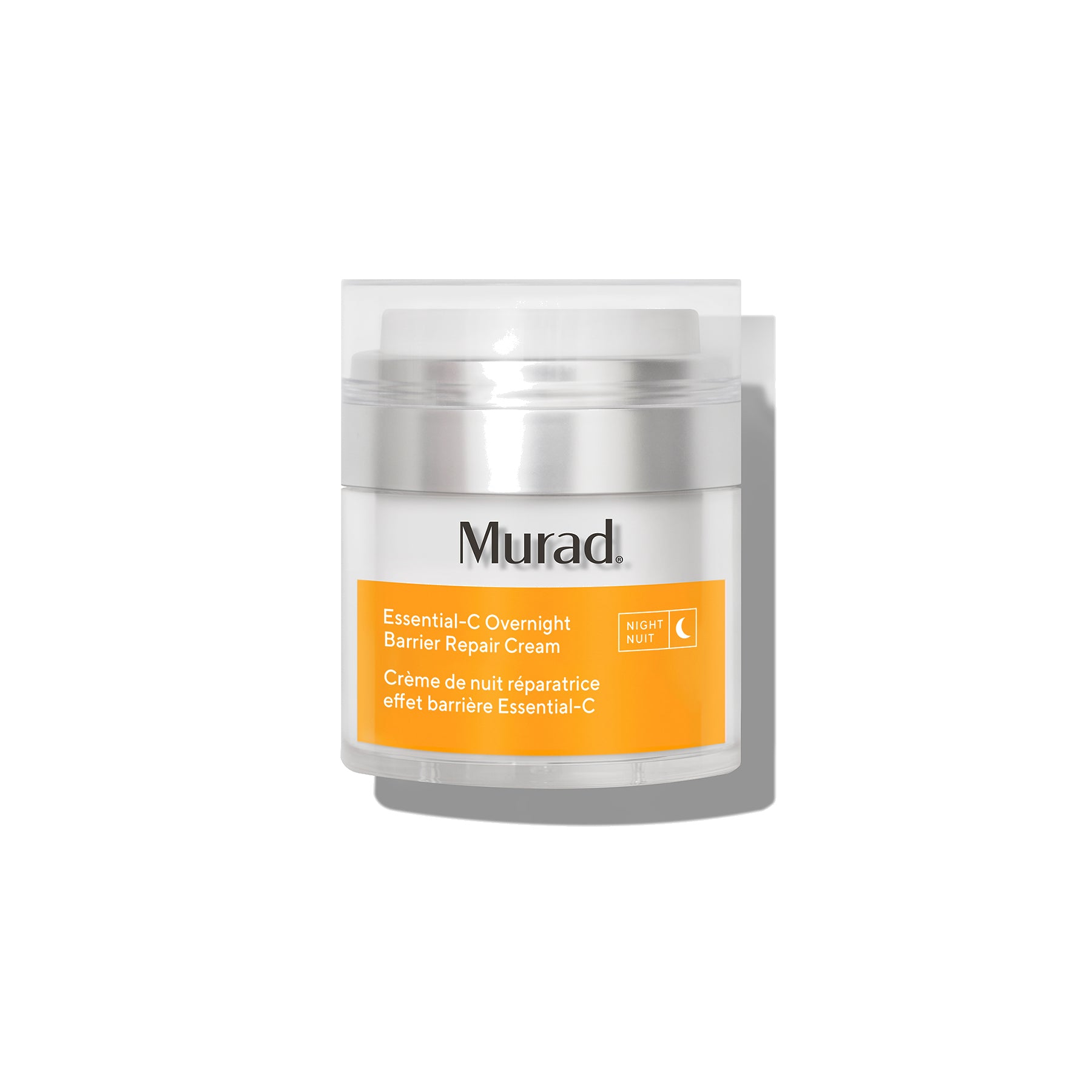
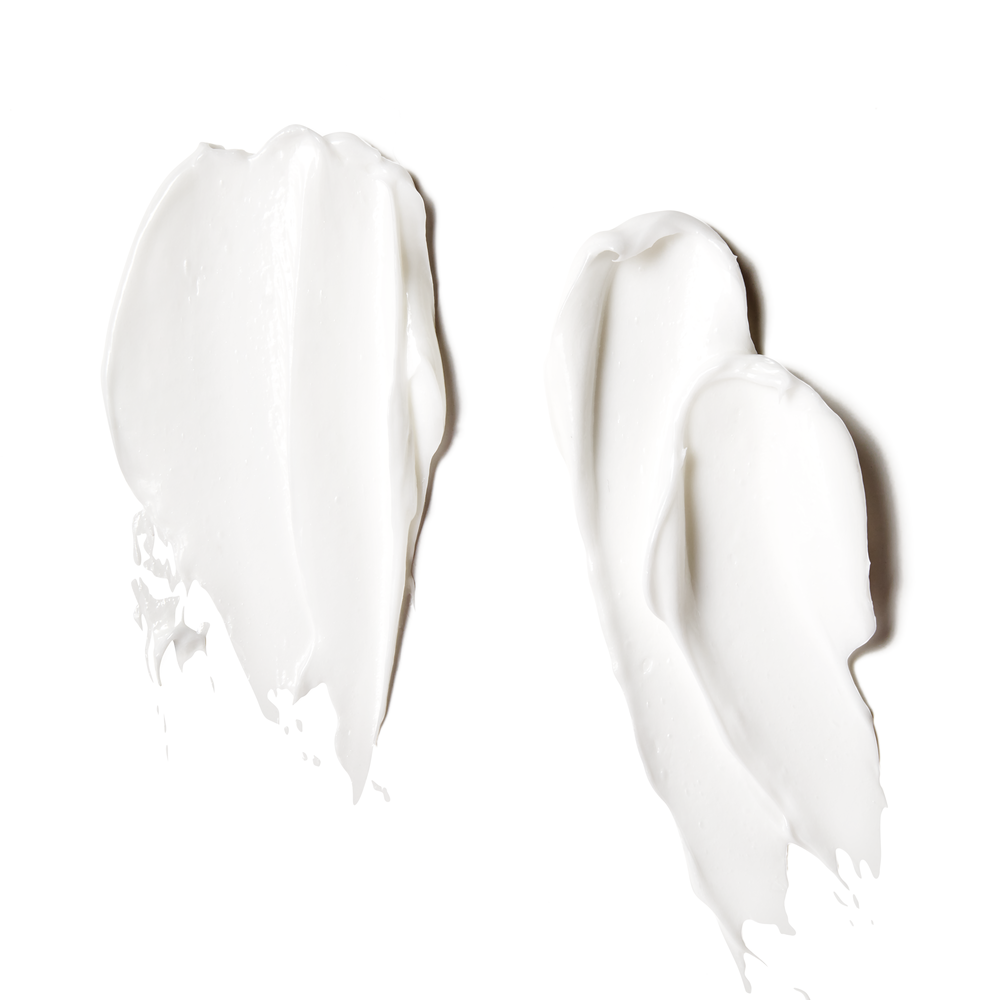 Vendor:MuradAll Skincare
Vendor:MuradAll SkincareMurad Essential-C Overnight Barrier Repair Cream
- Regular price
- $165.00
- Sale price
- $165.00
- Regular price
-
-
Murad Essential-C Cleanser
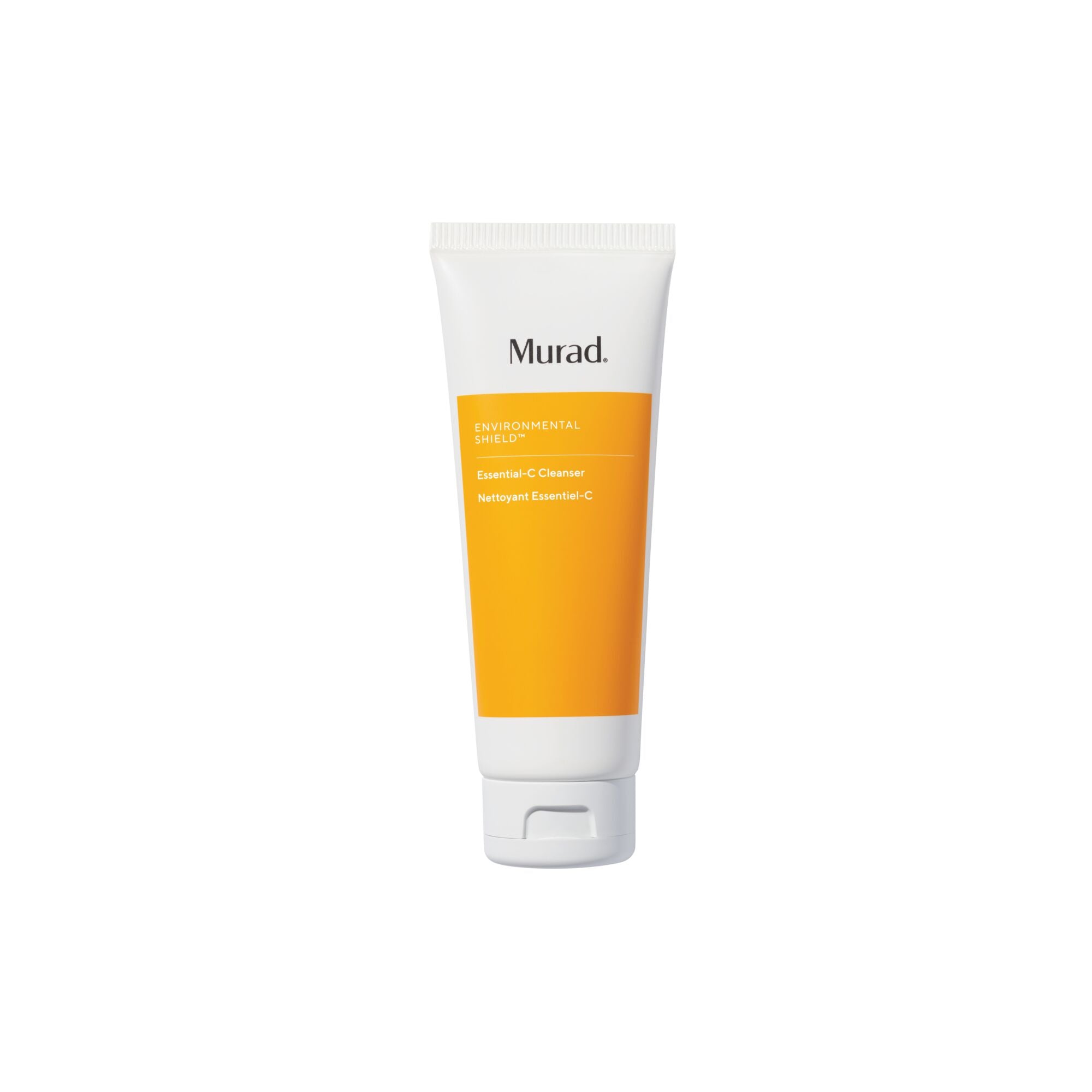
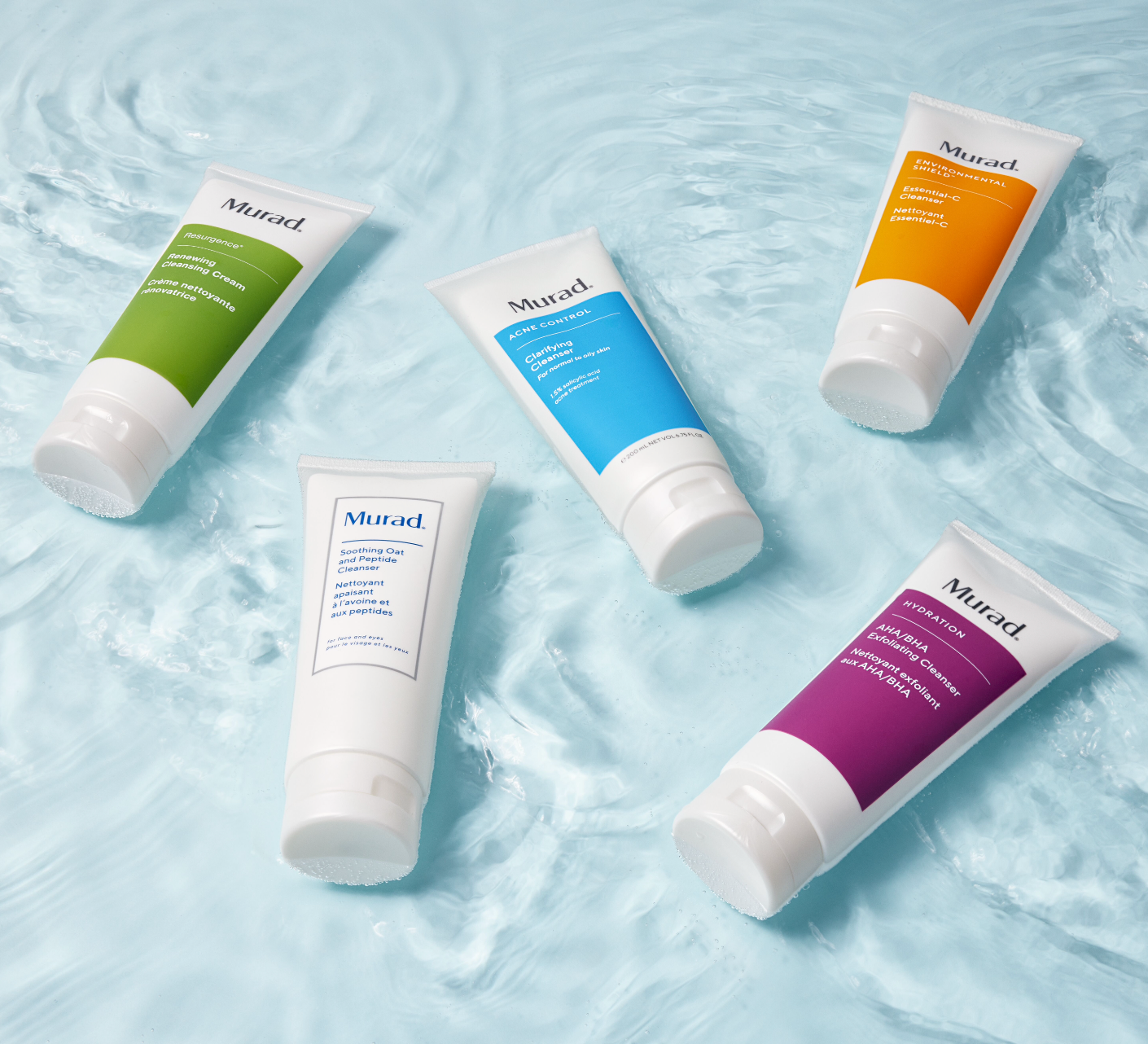 Vendor:MuradAll Skincare
Vendor:MuradAll SkincareMurad Essential-C Cleanser
- Regular price
- $69.00
- Sale price
- $69.00
- Regular price
-
-
Skinsmiths Rebalancing Moisturiser 50ml
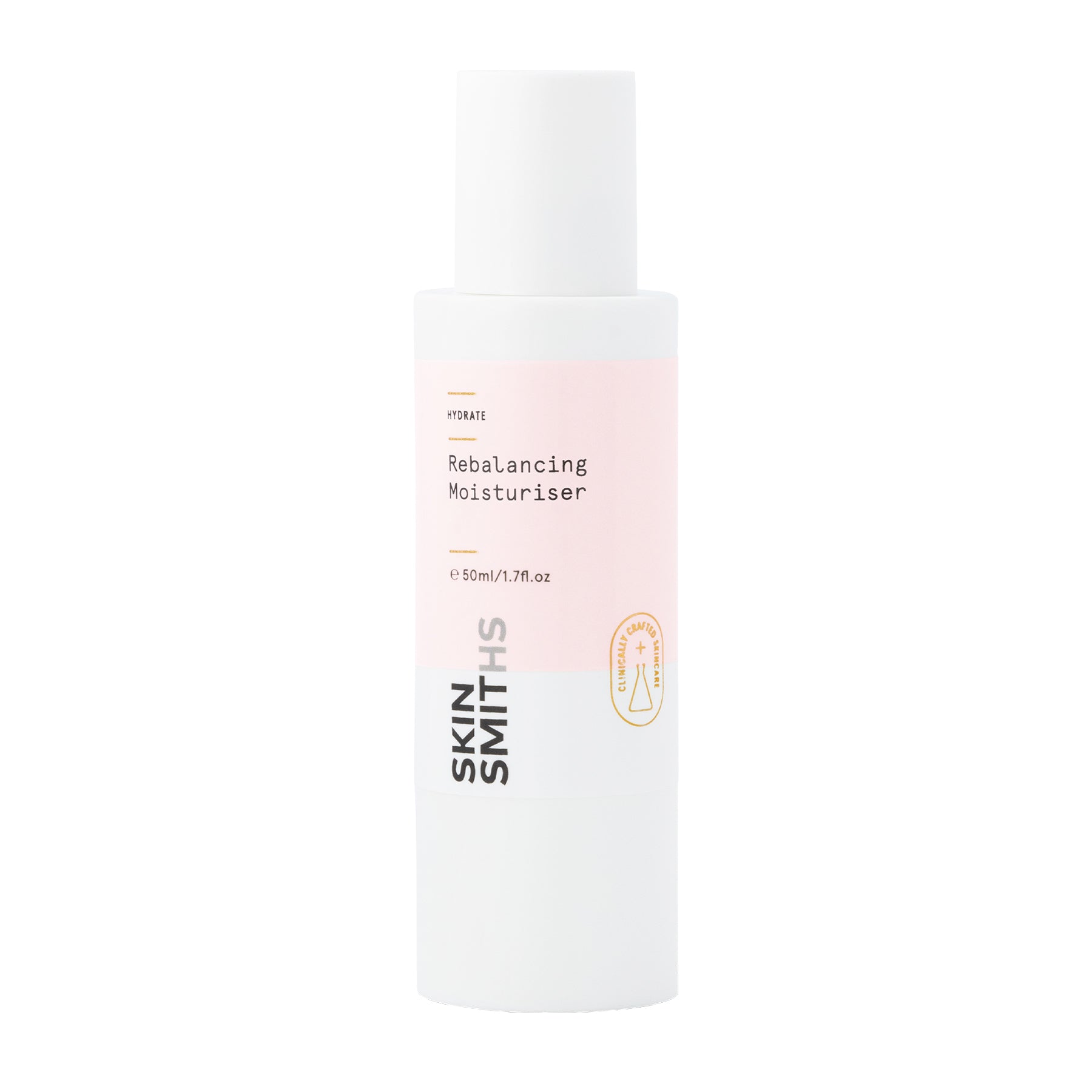
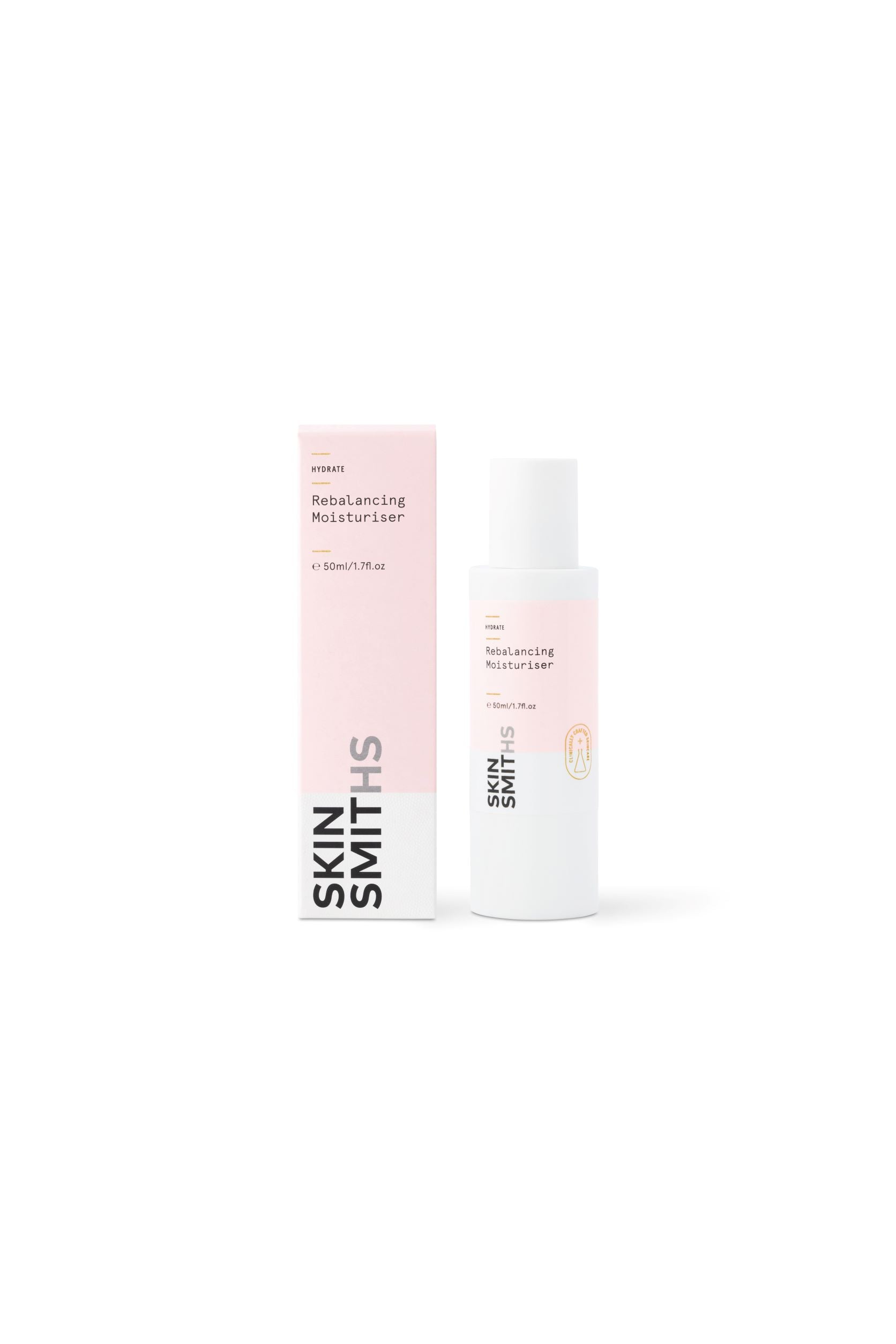 Vendor:SkinsmithsAll Skincare
Vendor:SkinsmithsAll SkincareSkinsmiths Rebalancing Moisturiser 50ml
- Regular price
- $84.00
- Sale price
- $84.00
- Regular price
-
About Caci.
Why choose Caci? It's where your skin goals get serious.
Our team will help make taking care of your skin health easy to understand, and even easier to stay committed to. The beauty industry is noisy and confusing but at Caci we’re calm, we keep it simple and we’re experts.
At Caci we love nothing better than to give people a lift – not just to your skin, but to your confidence, wellbeing, and belief in the power of looking after yourself. Setting aside some ‘me time’ daily at home and in clinic each
month. That’s all it takes.
We’re here to help you to feel confident in your skin.
We’re for you.
Trust the experts.
Proudly NZ owned and operated.
80 clinics nationwide.
Award winning.
Highly trained and experienced team.
FAQ's
What is pigmentation?
Pigmentation (also called hyperpigmentation) is when patches of skin become darker due to excess melanin. It can show up as freckles, sunspots, melasma, or uneven tone. It’s common in New Zealand because of our high UV levels.
What causes pigmentation?
The main triggers are sun exposure, hormonal changes (including pregnancy), ageing, and post-inflammatory marks after acne or injury. UV damage is one of the biggest causes in NZ, where the sun is especially harsh.
Can pigmentation fade on its own?
Some pigmentation, like temporary post-acne marks, can fade over time. But sun damage and melasma usually don’t disappear without treatment. Clinic treatments and daily SPF are key to managing it long term.
What treatments help reduce pigmentation?
At Caci, we use treatments like laser facials, photo rejuvenation, peels, and skin infusions to break up excess pigment and even out tone. These are often combined with brightening skincare to maintain results.
Is pigmentation preventable?
Yes, daily SPF is the most effective way to prevent pigmentation from getting worse. Avoiding direct sun, wearing hats, and using antioxidant skincare also help protect the skin.




